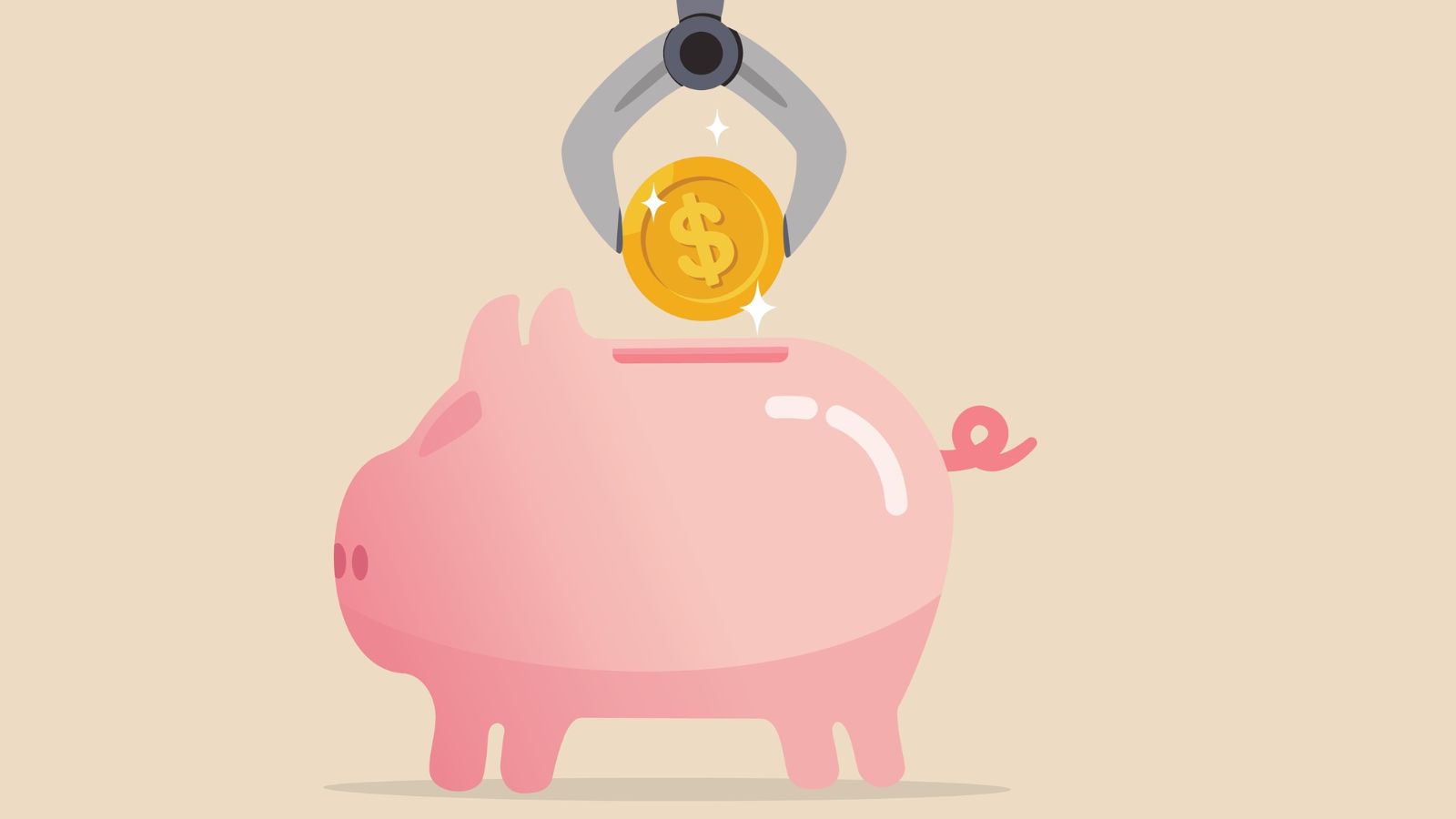When it comes to personal finance, your daily spending choices play a huge role in determining whether you succeed or fall short of your long-term financial goals. Without realizing it, apparently harmless spending habits can sabotage your financial future, keeping you from building wealth, saving for retirement, or simply living comfortably. Here are 19 surprising ways your spending habits might be undermining your financial goals.
Impulse Buying

Buying things just because they catch your eye is the most common way to waste money. To achieve your financial goals, you must be mindful of your spending habits and buy only what’s necessary—not just what you want.
Relying on Credit Cards for Everyday Expenses

Credit cards offer a convenient way to manage expenses when cash is tight. However, relying on credit cards for everyday purchases like groceries, gas, or dining can quickly lead to high-interest debt if not managed carefully. This can be avoided if you pay the balance in full each month.
Ignoring Small Expenses

A prime example of small expenses adding up is ignoring minor purchases like a cup of coffee, a chocolate bar, or an app subscription. These might seem trivial, but they quickly add up. For instance, suppose you spend $5 on coffee daily—that’s $150 a month and $1,800 a year!
Not Tracking Spending

A classic way to lose money quickly is by not tracking your expenses. This can lead to spending money you don’t have, worsening your debt. Therefore, keeping a close eye on your spending is key to preventing financial stress and avoiding the loss of savings.
Emotional Spending

Emotions often drive our spending habits. Whether it’s the urge to splurge when feeling sad, stressed, or even excited, emotional spending can undermine your financial well-being. To avoid regret and strain on your finances, redirect that energy into hobbies or activities that don’t involve spending.
Failing to Budget

A well-structured budget that includes room for unexpected expenses is a powerful tool for financial success. It helps you stay informed about your priorities and avoid overspending. Create a responsible budget and stick to it to achieve your financial goals.
Living Above Your Means

The desire for more and a luxurious lifestyle can lead to spending more than you earn. This strains your finances and can trap you in debt, often with high interest payments. To avoid this, moderate your expenses and learn to be content with what you have.
Not Comparing Prices

Jumping into a purchase without comparing prices can cause unnecessary overspending. Compare prices across different stores for larger purchases like electronics, furniture, or appliances. This also applies to smaller, everyday purchases like groceries.
Failing to Take Advantage of Discounts

One of the best ways to save money is by taking advantage of discounts. Opportunities like coupons, sales, and loyalty rewards offered by various stores can help you buy things at a lower cost, ultimately saving you money.
Not Automating Savings

Savings are crucial for maintaining a healthy financial life. However, some people forget to save or end up spending money that was intended for savings. Automating your savings ensures that a portion of your income is automatically deposited into your savings account, helping you secure your financial future.
Overpaying for Subscriptions

Subscriptions offer convenience, but they can become costly if not managed properly. Many people forget to cancel subscriptions they no longer need, leading to unnecessary expenses. Regularly audit your subscriptions to cancel those you’re not using.
Dining Out Too Often

While dining out can be enjoyable, it can significantly drain your finances. To save money, limit fast food, takeout, and restaurant visits. You can often cook the same meals at home for a fraction of the cost, making it a more affordable and healthier option.
Overspending on Gifts

It’s easy to get carried away with gift-giving during special occasions. However, it’s important to remember that a thoughtful gift doesn’t have to be expensive. Set a budget for gifts and focus on the emotional value rather than the price tag to avoid overspending.
Failing to Plan for Big Purchases

Planning for big purchases is essential to avoid falling into debt or experiencing financial strain. Whether it’s vacation, new furniture, or electronics, failing to save for these expenses in advance can put you in a tough spot. Instead, break the cost into smaller, manageable savings goals to avoid depleting your savings.
Buying Brand-Name Products

A common misconception is that higher-priced, brand-name products are better. However, many big brands have inflated prices due to marketing costs. Be open to trying generic or store-brand products, which can be just as good as their branded counterparts and often come at a much lower price.
Ignoring Interest Rates on Loans

Loans can be necessary in tough times or when needs exceed your budget. However, not paying attention to interest rates can cost you significantly more than you borrowed. Higher interest rates mean you’ll end up paying back much more than the original loan amount. Always compare loan options and choose those with the lowest interest rates.
Taking Out Payday Loans

Payday loans can quickly ruin your financial health due to their extremely high interest rates and short repayment periods. This can lead to a cycle of borrowing more money to pay them off. Instead of turning to payday loans, seek alternatives with lower interest rates and better repayment terms.
Falling for Lifestyle Inflation

Lifestyle inflation occurs when you start earning more and, instead of saving, you spend more on luxuries like cars, clothes, or housing. This can prevent you from saving and hinder your progress toward financial independence. It’s important to resist the urge to inflate your lifestyle and instead prioritize saving and investing.
Procrastinating on Financial Planning

Delaying financial planning can cause you to miss out on valuable opportunities for growth and security. Starting early with saving, building an emergency fund, and investing can significantly improve your financial future. Don’t wait—take control of your financial planning now to reap the benefits in the long run.
Conclusion

The success of your financial life depends on the choices you make today. While spending on things you like is tempting, always ask yourself if you’ll regret the purchase later. By distinguishing between wants and needs, you can keep your priorities straight and enjoy a stress-free financial future.
18 Reasons Why People Are Leaving Florida in Masses

Exploring factors that impact the desirability of living in Florida, this list delves into various challenges shaping residents’ experiences. From environmental concerns like rising sea levels to economic factors such as fluctuating job markets, these issues collectively contribute to a nuanced understanding of the state’s appeal.
18 Reasons Why People Are Leaving Florida in Masses
